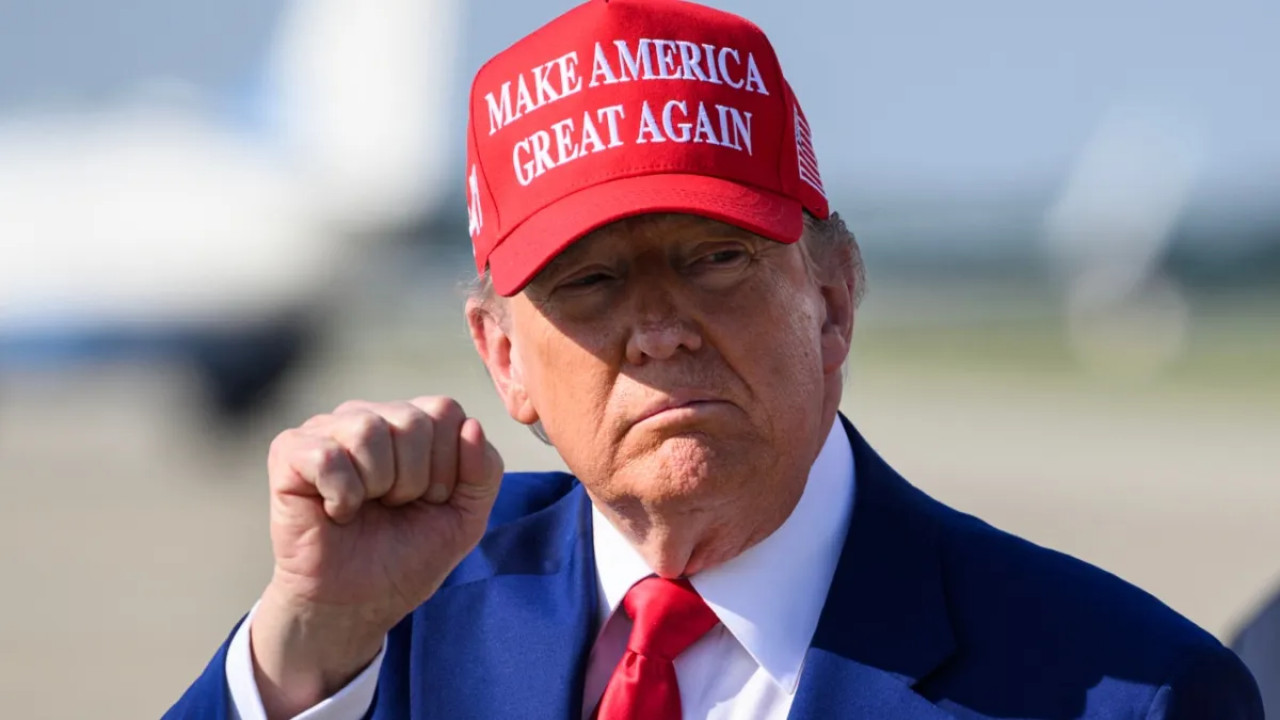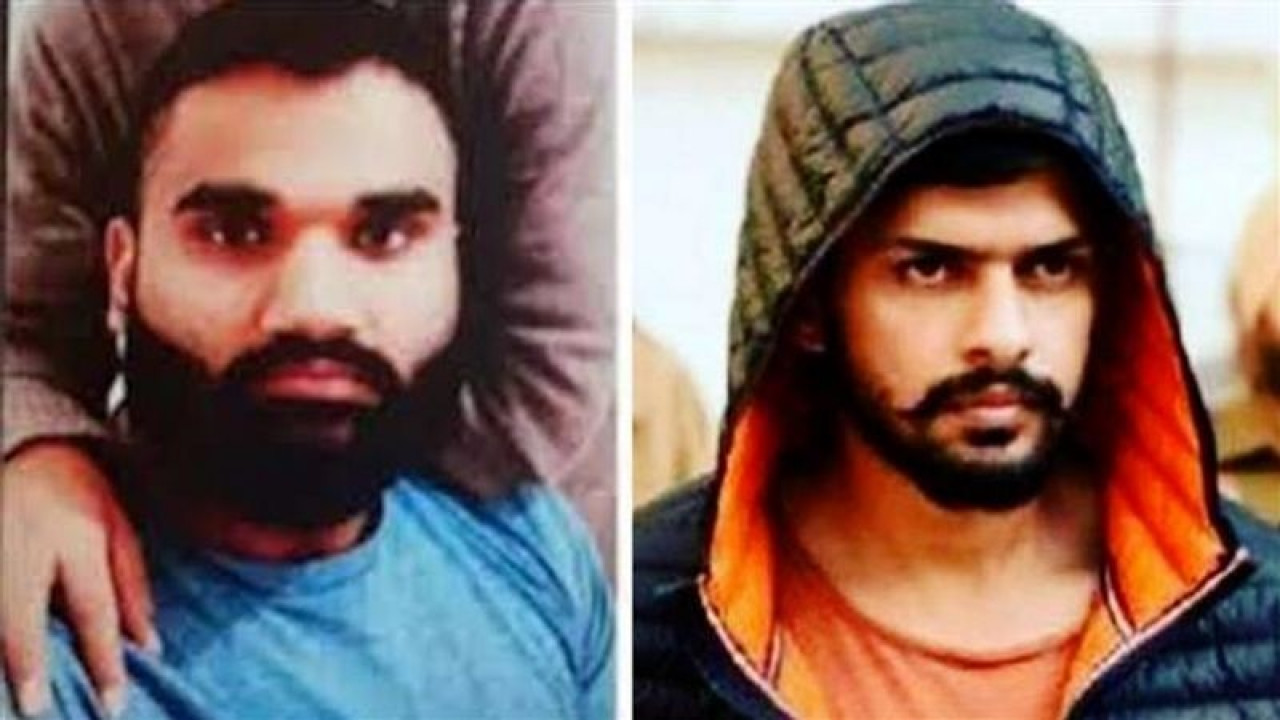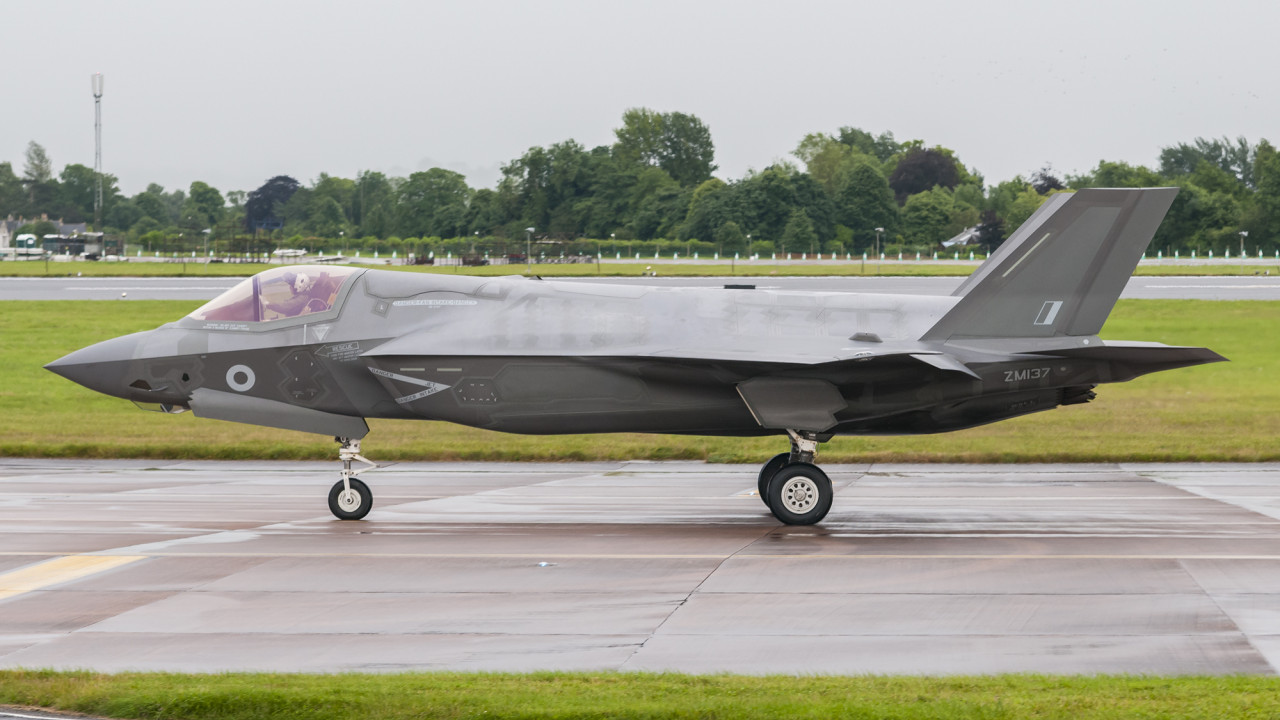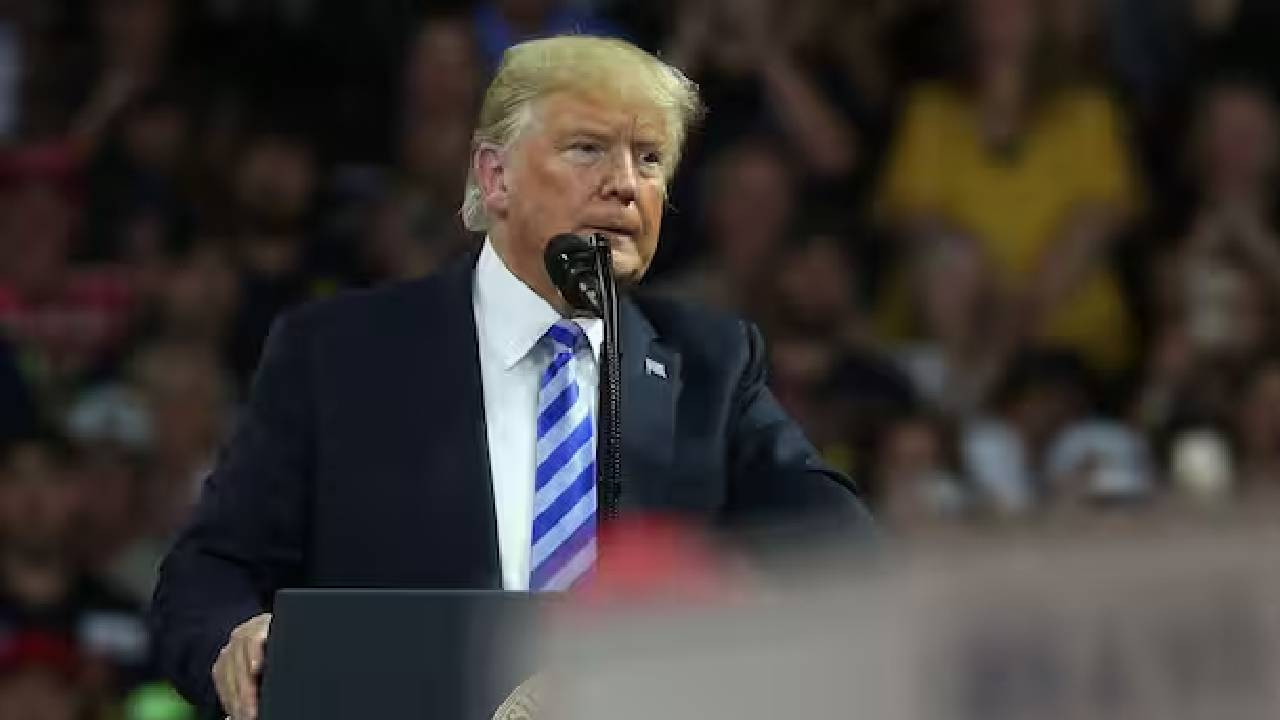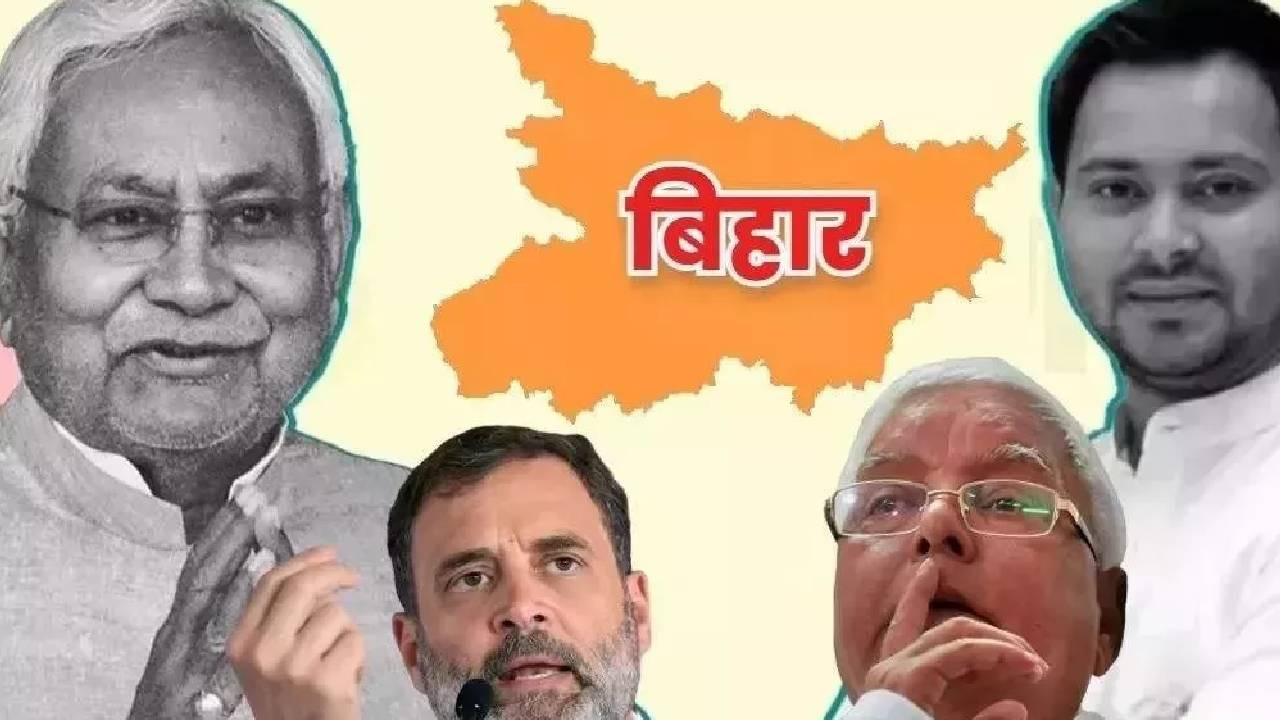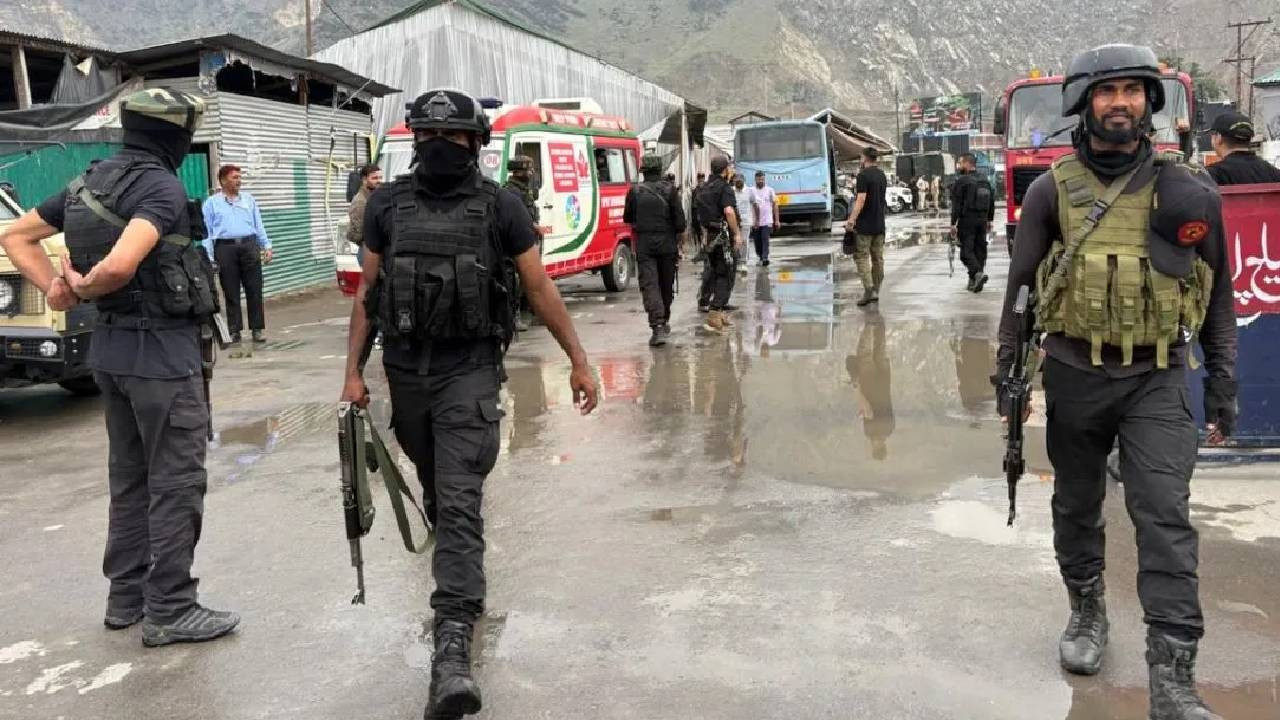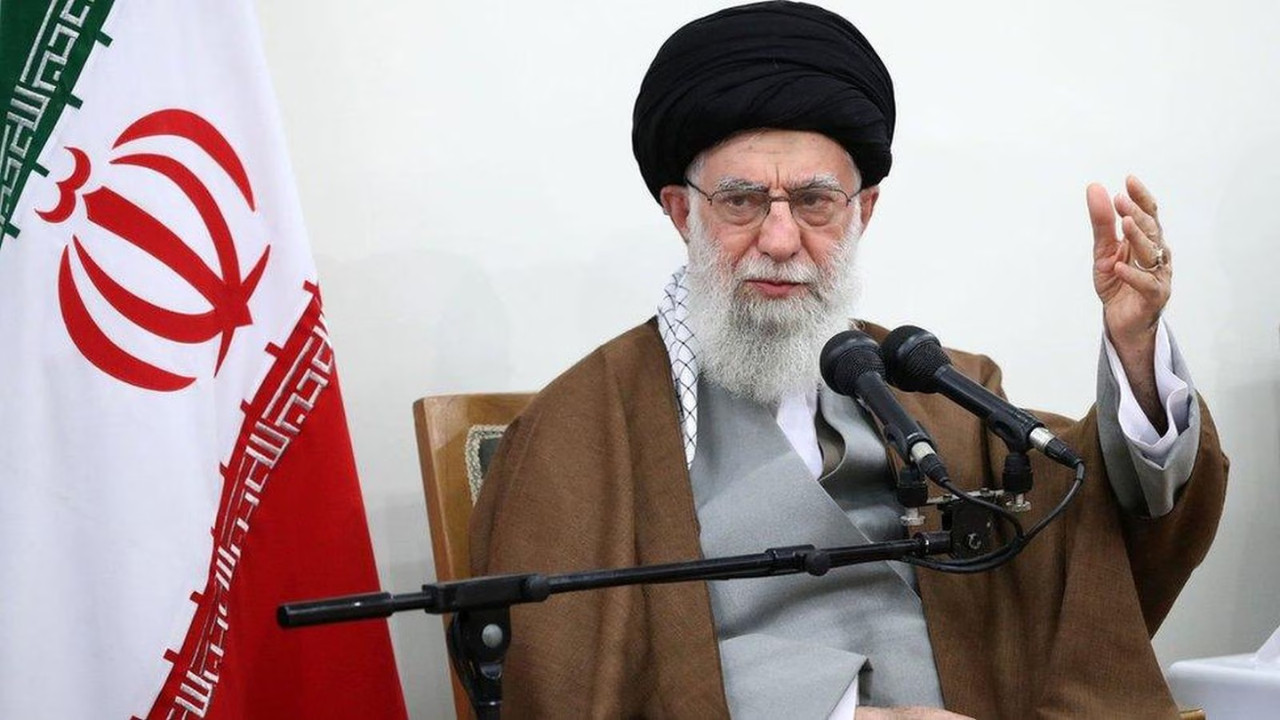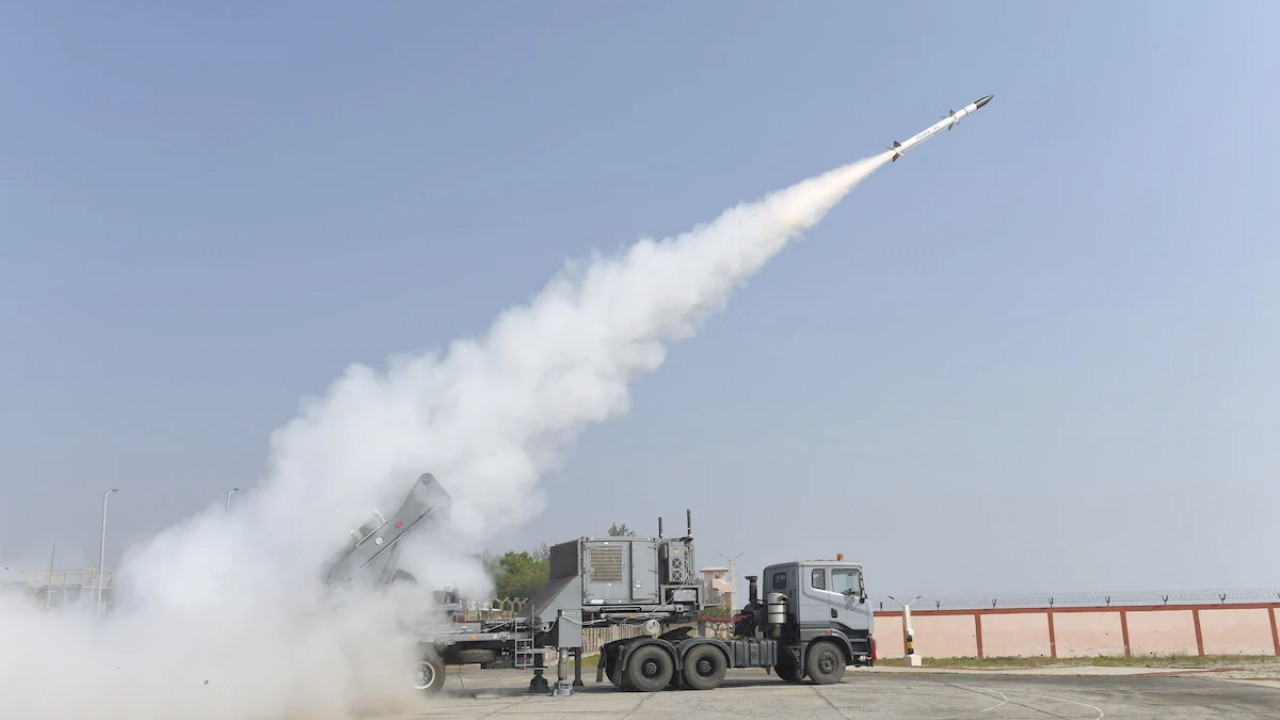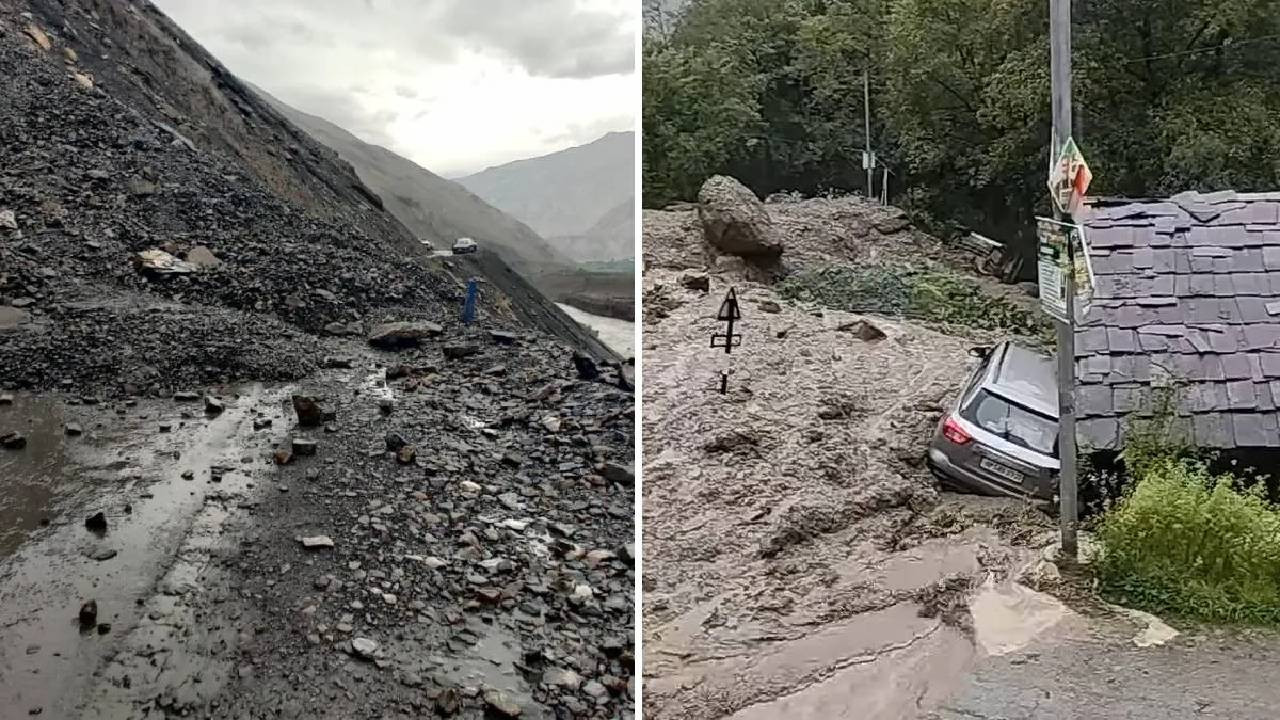International News: During the NATO Summit in The Hague, U.S. President Donald Trump declared he would strike Iran again if nuclear enrichment resumed. Comparing the recent airstrikes to Hiroshima, his statements triggered global alarm. With both powers posturing for supremacy, the real question remains: was Iran’s program destroyed or merely disrupted?
Atomic Analogy Raises Firestorm
Trump compared the Iran strikes to Hiroshima, alarming global observers. The analogy evoked memories of nuclear devastation. Diplomats condemned the comparison as reckless. Supporters, however, called it powerful deterrence. The remark escalated rhetoric amid already fragile Middle East tensions.
Precision Strikes on Key Sites
U.S. B2 bombers hit Natanz and Fordow with GBU-57 bunker busters. A submarine launched 30 Tomahawks on Isfahan. The Pentagon called it a military success. Iranian facilities suffered visible surface damage. But full nuclear obliteration remains unverified by neutral agencies.
Intel Report Sparks Controversy
A DIA report said the damage was “significant but limited.” Iran’s uranium stockpile was reportedly moved. Most centrifuges remained intact, analysts noted. Trump still claimed decades of rollback. The intelligence and political narratives now stand in contradiction.
Iran’s Defiance Remains Strong
Iran said “the game is not over” and vowed continuity. Enrichment recovery plans are in place. Officials said production won’t be disrupted. Tehran claimed it safeguarded vital materials. This shows preparation despite American and Israeli strikes.
International Response Deeply Divided
Europe urged restraint and diplomatic reopening. Israel praised the U.S. action as overdue. The UN demanded inspection access via IAEA. Middle East allies stayed cautiously supportive. Global unity on Iran remains elusive amid conflicting goals.
Diplomacy Faces Tight Deadlines
NATO members pushed back on Trump’s language. They called for de-escalation through talks. Iran hinted at negotiation possibilities. Washington showed no sign of easing stance. Both sides remain locked in geopolitical gridlock.
The Road Ahead Looks Precarious
Iran may retaliate through proxies soon. Another strike could widen conflict zones. Diplomacy might offer a narrow escape route. Next weeks are critical to peace. Decisions now will echo for decades.


